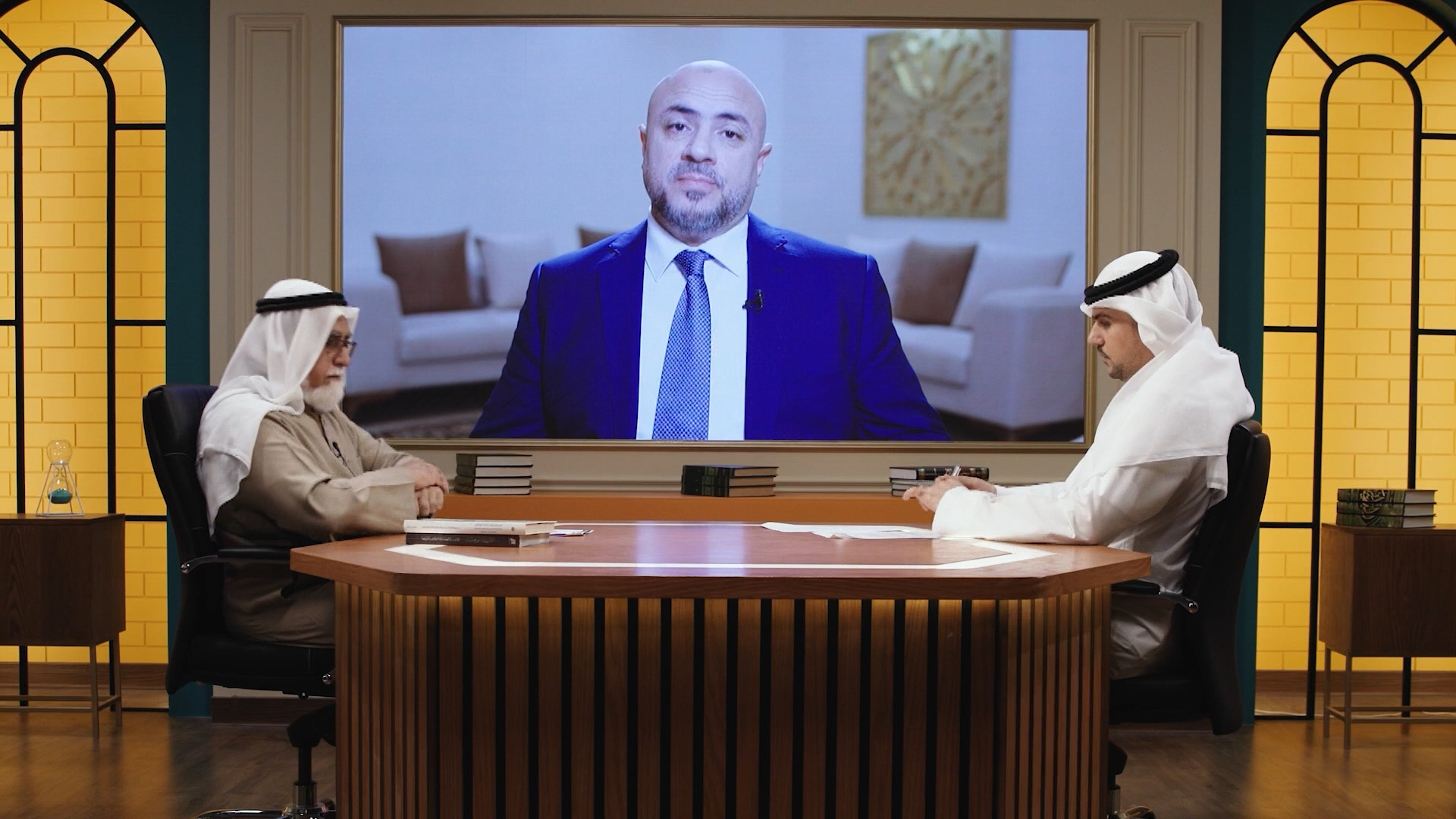A member of the Advisory Institute of the International Institute of Waqf in Malaysia, Abdul Halim Zaidan, attributed the decline of the role of the Islamic endowment in the modern state to a group of factors, including the loss of identity and the absence of investment vitality in the endowment administrations.
In his interview with the "Mawazine" program, Zaidan said that the Islamic endowment went through a typical situation in the early to late 20th century in Arab and Islamic countries, and talked about the waste and abolition of endowments and corruption in their management, in addition to the countries that were subjected to colonization, in which the colonizer placed his hand on the endowments and turned them into Expropriated money.
And he considered that the responsibility is shared in the decline of endowment work, and that the beginning of the openness of Arab and Islamic countries to the West contributed to this, because there were those who admired the Western model and disavowed its identity, in addition to the role of endowment administrations that were based on the approach of freezing endowments and turning them into a historical archive and not into living wealth. .
In the executive regulations for the establishment of ministries of endowments in most Arab and Islamic countries, its provisions do not include the issue of developing and renewing endowments, and therefore most endowments do not have investment vitality.
Despite the decline in endowment work, a member of the Advisory Institute of the International Institute of Waqf in Malaysia indicated that there are successful experiences in the Arab and Islamic worlds, led by the State of Kuwait, which he said gave a new dimension to endowment work in the nineties with the establishment of the General Secretariat of the Islamic Endowment, as it removed it from the cloak of ministerial bureaucracy. In addition to other experiences in Morocco, Malaysia, Turkey and Saudi Arabia.
He believed that the engineering of endowment thought requires a redefinition of the Islamic endowment, given that endowments are not charitable associations but rather a financial investment business, stressing the importance of focusing on the economic dimension of endowment and adopting modern institutional systems in investment and thinking.
The role of endowments in preserving the identity of Jerusalem
The former Jordanian Minister of Endowments, Wael Arabiyat, spoke in his intervention on the “Mawazine” program about the role of the Islamic endowments in Jerusalem and how it contributed significantly to preserving the identity of the Holy City and establishing its Arab identity and identity. He pointed out that there are many temptations, but the people of the city refuse to sell their lands.
He also made it clear that endowment lands are not sold, inherited, donated, or exchanged, and that the blessed Al-Aqsa Mosque does not accept any concession or negotiation regarding it. The former Jordanian minister called on the Islamic world to support the Jerusalem endowments.
For his part, a member of the Advisory Institute of the International Institute of Waqf in Malaysia highlighted that the size of the endowments in Jerusalem is fixed and cannot be waived, but under the circumstances of the occupation it cannot be increased, stressing that they proposed during a conference held in Istanbul, Turkey in 2018 in the document “Modernizing Endowments Al-Quds and Al-Maqdisah: Developing endowments for Jerusalem abroad. For example, an endowment can be established in Kuwait and its proceeds can be used to serve the people of Jerusalem and their interests, or it may be allocated to Al-Aqsa Mosque itself.
Regarding the definition of the endowment and its history, the former Secretary-General of the General Secretariat of Endowments in Kuwait, Abdul Mohsen Al-Jarallah Al-Kharafi confirmed in his interview with the “Mawazine” program that different civilizations knew the endowment before Islam, but it was organized during the era of the Prophet, may God bless him and grant him peace, highlighting that the endowment is characterized as money Private and public money, private money because it is owned by people and donated by people without any governmental contribution from the guardian, and public money in terms of its sanctity and sanctity and the importance that the guardian must make sure that it is not touched.
According to Al-Kharafi, the endowment was previously independent, but today it is the governments that establish the endowment institutions and allocate a budget for them, and thus the endowment institutions become government institutions.
The former Jordanian Minister of Awqaf spoke about the importance of the endowment as one of the most important sources on which the state relied for its establishment and development of its business, and that it is linked to sustainable development. He said that the American Harvard University took the endowment system from the Islamic world and has hundreds of billions of dollars through Islamic endowments.
He stressed that Jordan, in 2016 and 2017, tended to invite benefactors to establish endowments for schools, because of their great role in the renaissance of education.

